From Birkenstocks to Hip Hop — the Preacher Tackling Climate Justice

From the Crescent City Connection bridge in New Orleans to the U.S. Capitol, Rev. Lennox Yearwood, Jr., who affectionately goes by “Rev,” has spent 15 years at the forefront of the environmental movement, lifting up the issues of young people and people of color with a clear and resounding message: “Racial justice is climate justice.”
As President and Founder of Hip Hop Caucus, he has worked with Sean Combs, Jay Z, Al Gore, Gina McCarthy, Bill McKibben, and many other artists and environmentalists. He’s helped register millions of voters and inspired millions more to become engaged environmentalists with a potent combination of culture, comedy, and a commitment to solving the climate crisis. And at a time of deep political polarization, his inclusive message resonates with citizens hungry for hope.
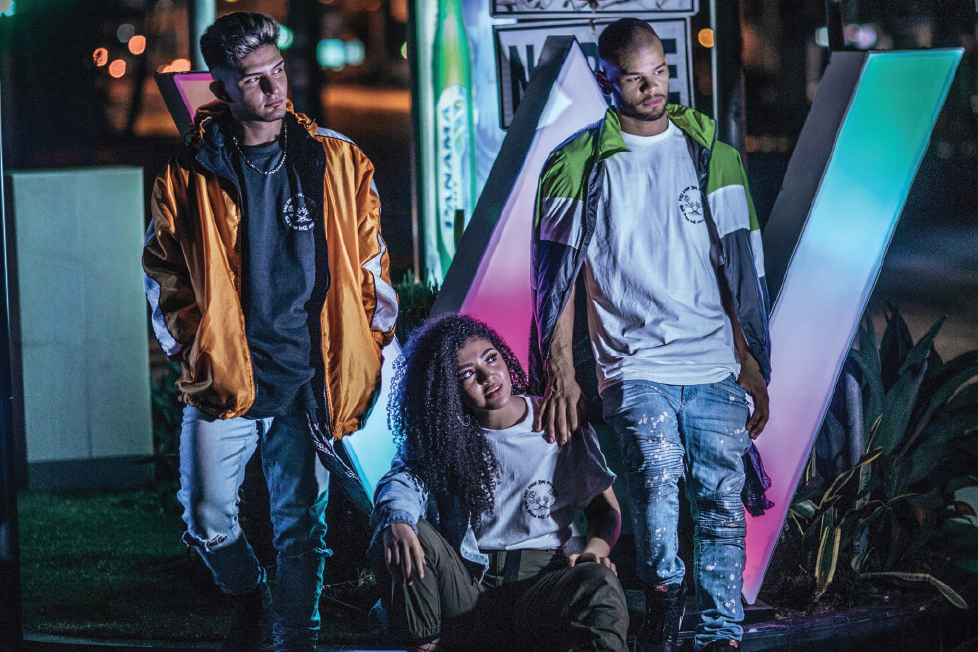
“We’re all in this together — black, white, brown, red, male, female, straight, gay, theist, atheist,” said Yearwood. “We need everybody to be part of the environmental movement. Together we can stop the climate crisis.”
I spoke with Rev Yearwood on Jan. 6, 2020 — the day after Democrats swept the Georgia Senate special election and the day of the insurrection at the U.S. Capitol. Here are four takeaways from our conversation.
1. Crossing Bridges
A native Louisianian, Yearwood’s activism was forged in 2005 during Louisiana’s worst environmental disaster. “I was in Washington, D.C. when Hurricane Katrina hit, and it was catastrophic to see my family, friends, and loved ones left behind and drowning in the richest country in the world,” he says. When he saw people being stopped on the Crescent City Connection bridge as they were desperately trying to leave flooded areas, Yearwood resolved to take action, organizing a march across the bridge just months after Katrina. “We wanted to cross that bridge in a spiritual sense” to demonstrate community resilience and to take a stand for the people most impacted by the crisis. “And we’ve been crossing bridges ever since.”
2. Breaking Down Silos
To make the environmental movement effective in the 21st century, leaders need to broaden the movement’s appeal and constituency, says Yearwood. That’s where Hip Hop Caucus comes in. “The movement always had a culture…It was very Birkenstocks,” he says. “I’ve got nothing against Birkenstocks, but we want to cut the ‘red velvet rope,’ open the doors, and let everybody in. And we’re using culture to shape that political experience — everything from music to podcasts, plays, comedies, and documentaries” through Hip Hop Caucus’s Think 100% platform. “We’re doing everything we can to get people engaged to be environmentalists.”
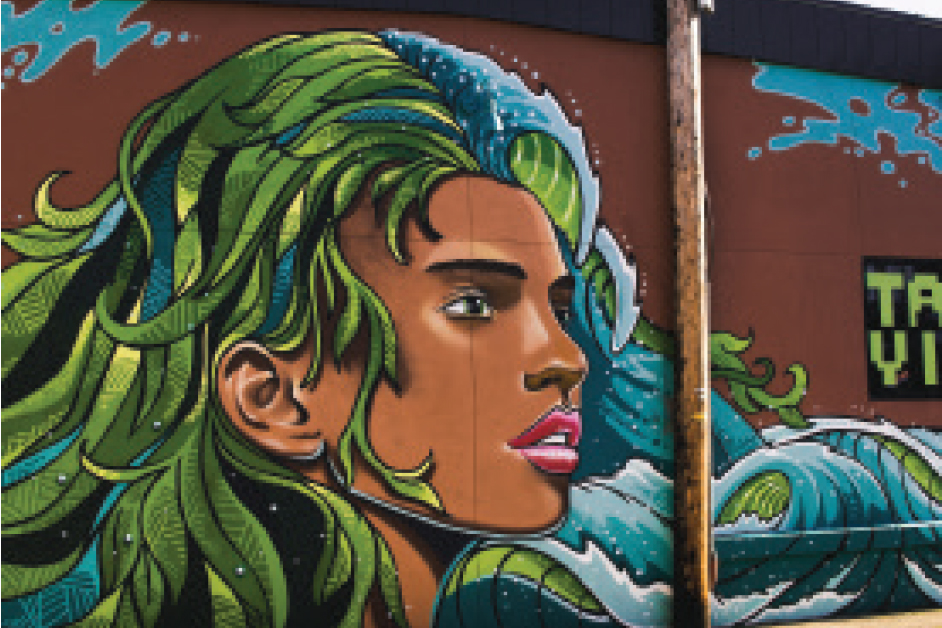
3. Connecting the Dots
Hip Hop Caucus is also elevating the voices of communities that are “first and worst impacted by the climate crisis,” says Yearwood. From the ninth ward in New Orleans to toxins in landfills in communities of color, to the disproportionate impact of COVID-19, “our movement needs to do a better job of connecting the dots,” he says. “The movie, An Inconvenient Truth, should not have been only about the weather, it should have also been about racism in our society.” Yearwood is on the board of directors of Green 2.0, an advocacy campaign to encourage gender and racial diversity in the environmental movement. While organizations have more to do to make their organizations inclusive, “we saw Sierra Club and many other organizations begin to make changes and deal with their past actions. That’s exciting.”
4. Bridge to the Past and Future
Yearwood sees climate change as a civil rights issue, and environmentalists can learn much from “the mentality of the civil rights movement to fight uncompromisingly for justice” and of the tenacity of its leaders. It’s something he understands well. As a University of the District of Columbia student in 1993, Yearwood organized and marched in the 30th-anniversary celebration of Dr. Martin Luther King’s March on Washington. One of his fellow organizers and celebrants was Spellman College student Stacey Abrams, a voting rights powerhouse whose organization, Fair Fight, registered more than 800,000 new Georgia voters. “Being an activist doesn’t start yesterday,” he says. “It is passed on to us by our foremothers and forefathers, and we are continuing that with the next generation. If we do that successfully, humanity can win.”

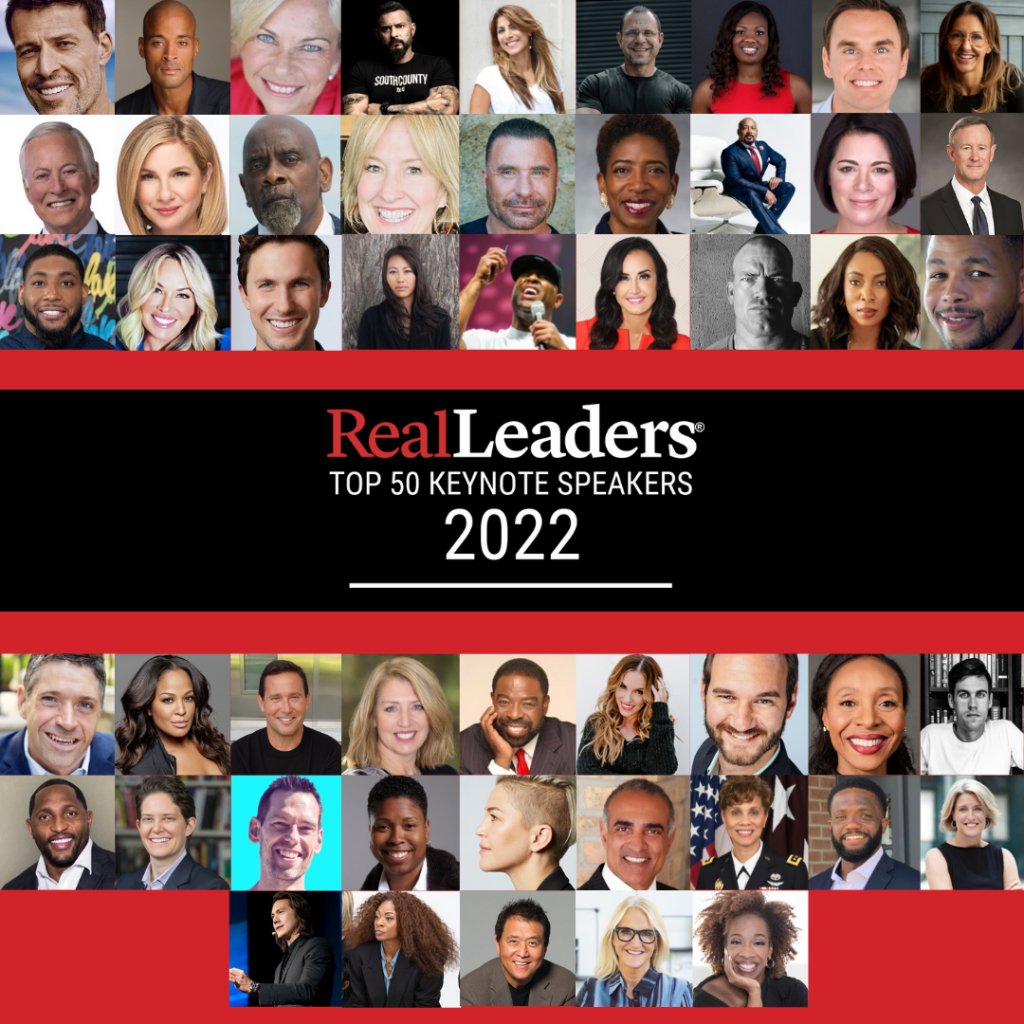
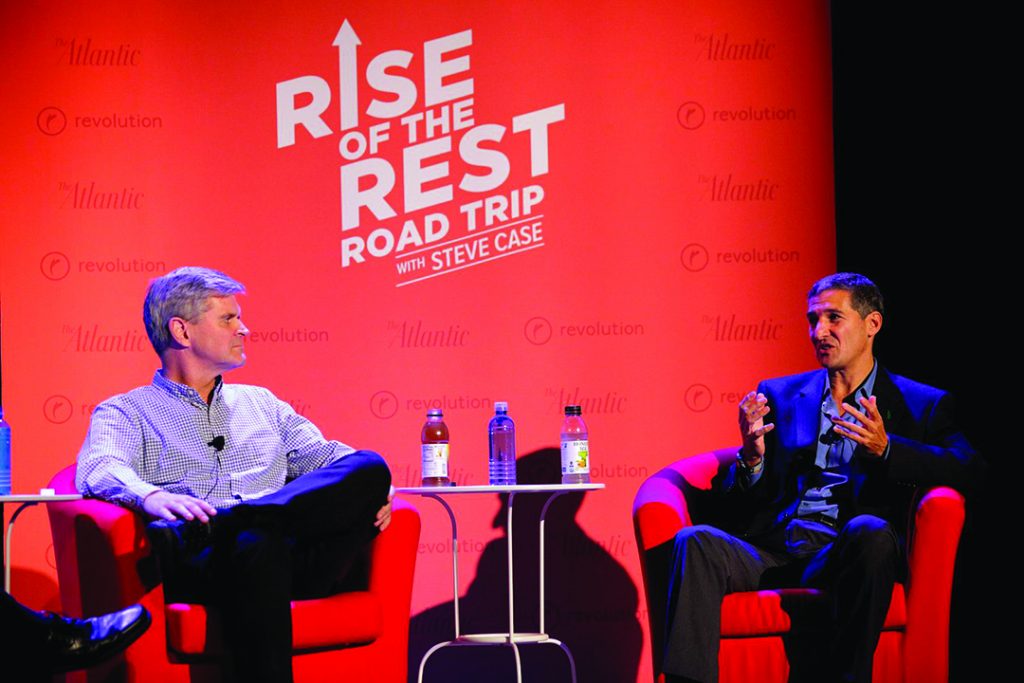
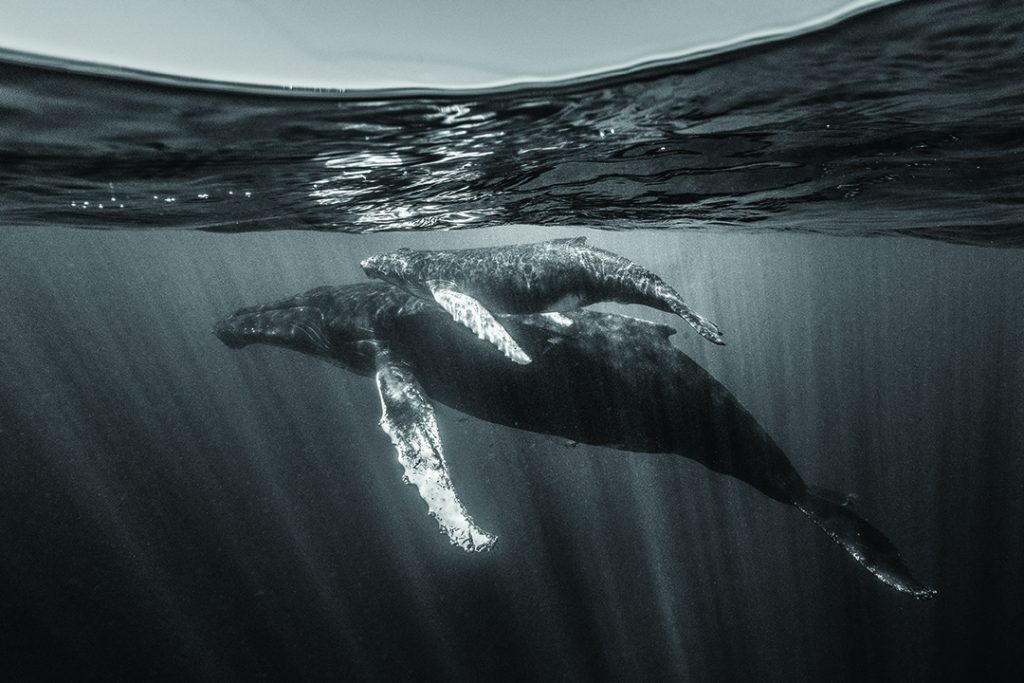
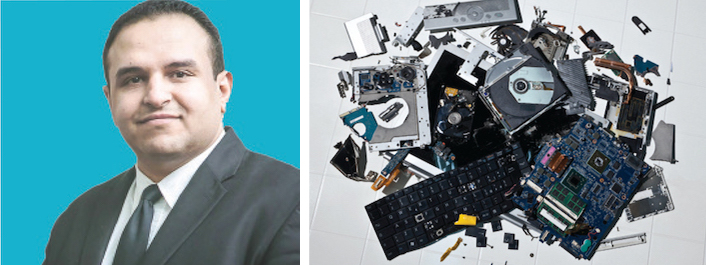
Responses